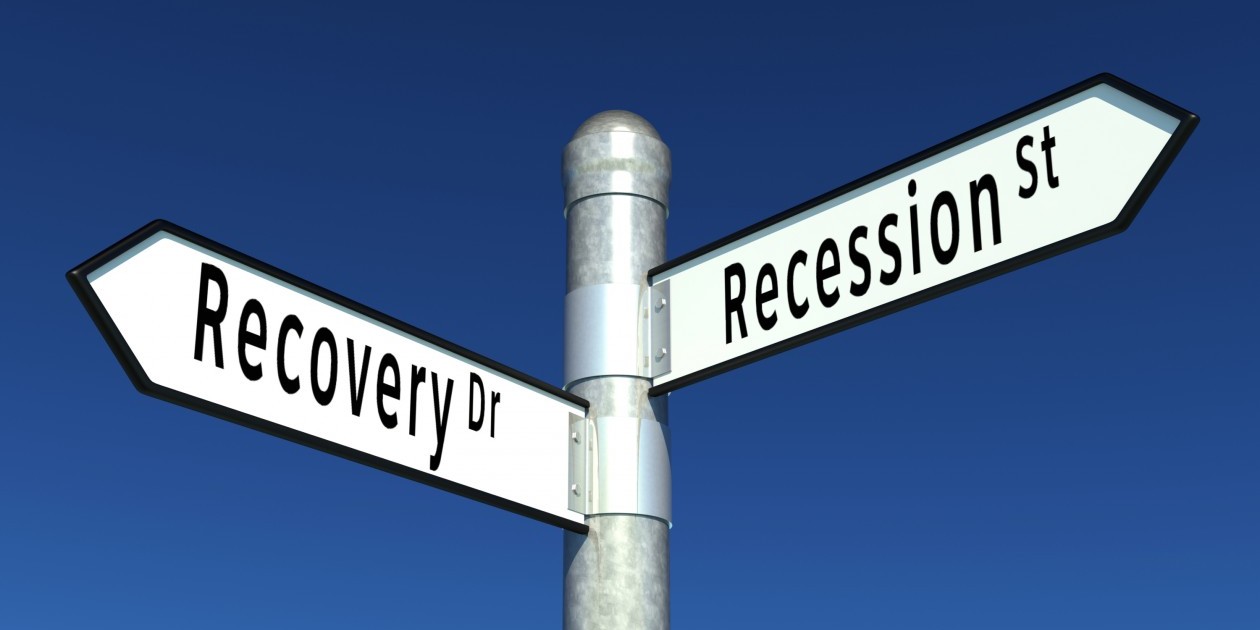Global consumer confidence was up in the third quarter of 2015, but Canadian consumer confidence is lagging, according to the latest Nielsen Global Confidence Index.
Based on a survey of 30,000 people in 61 countries, the index measures views on job prospects, personal finances and spending. Nielsen turns those perceptions into a score, with 100 as the baseline. Levels above and below that indicate degrees of optimism and pessimism.
In Canada, consumer confidence fell one index point to 97, behind the global index, which rose three points to 99—the highest level since 2006. This is the third consecutive quarter the Canadian confidence index was below the 100 baseline, after exceeding 100 for each of the last three quarters of 2014.
“We haven’t seen a huge shift from Q2 to Q3, even versus Q1,” said Carman Allison, VP of consumer insights at Nielsen Canada. “How we have been trending through 2015 is kind of status quo.”
In sharp contrast, U.S. consumer confidence jumped 18 index points in the third quarter to 119—the highest level for the U.S. in the Nielsen report’s 10-year-history.
“The U.S. took much longer to recover from the recession than Canada. We rebounded very quickly, and we were feeling really cocky and confident as consumers and also as a country,” said Allison. “Well, a lot of that wind that was in our sails has left and the pendulum is swinging more to [the U.S.’s] favour.”
While there hasn’t been a huge change in consumer confidence in Canada, there was a sharp jump in concern about the economy. In the survey, 20% of Canadians named the economy as their number-one concern, up from 10% in Q2.
And a whopping 71% of Canadians said the country is in recession, up from 46% in Q2 and 42% one year earlier. That was the highest jump of all countries surveyed by Nielsen. In addition, more than half of Canadians (52%) rate job prospects as “not good” or “bad.”
“We’ve seen a huge increase in that recessionary mindset,” said Allison. “I think the election played a huge role because that was now the song sheet a lot of the politicians were singing off of; the fact that the Canadian economy was not as strong and we were officially in a recession. A lot of politicians turned that into their benefit and created a lot of awareness around that, and I think that changed consumers’ perspectives.”
FINANCES AND SHOPPING INTENTIONS
Despite the negative mood about jobs and the economy, a growing number of Canadians are feeling good about their personal finances. Sixty-percent of respondents feel their own finances are in good or excellent shape, up from 55% in Q2. In addition, 44% of Canadians said it’s a good or excellent time to buy, up from 41% in Q2.
When asked what they do with their money after covering essential living expenses, an increasing percentage of Canadians surveyed said they are putting money into both spending and savings.
“Canadians are still focused on fixing the balance sheet right now as it relates to the household,” said Allison. When it comes to consumers’ spare cash, “the number-one strategy is paying off debt such as credit cards, loans, mortgage, or putting money into savings.”
More Canadians are also shifting to cost cutting. In Q3, 62% of consumers said they’ve changed their shopping habits to save money, up from both Q2 (58%) and Q1 (57%). The biggest jump is the number of consumers who said they’ve cut back on out-of-home entertainment – now more than half of respondents:
•Cut down on out-of-home entertainment: 52% (+5)
•Look for better deals on home loans, insurance, credit cards, etc.: 20% (+4)
•Spend less on new clothes: 57% (+3)
•Cut down on holidays/short breaks: 33% (+3)
•Cut out annual vacation: 27% (+3)
•Cut down on take-away meals: 53% (no change)
•Try to save on gas and electricity: 45% (no change)
•Switch to cheaper grocery brands: 43% (-4)
•Cut down on or buy cheaper brands of alcohol: 15% (-2)
“How consumers have been shopping since the [2008-09] recession is still going to continue,” said Allison. “Canadians are obsessed with getting the best bang for their buck. We’re basically a discount nation. We love getting value for the money… [Since] we’ve seen this big shift to a recessionary mindset, we may find some of these attributes may compound a little bit more.”











